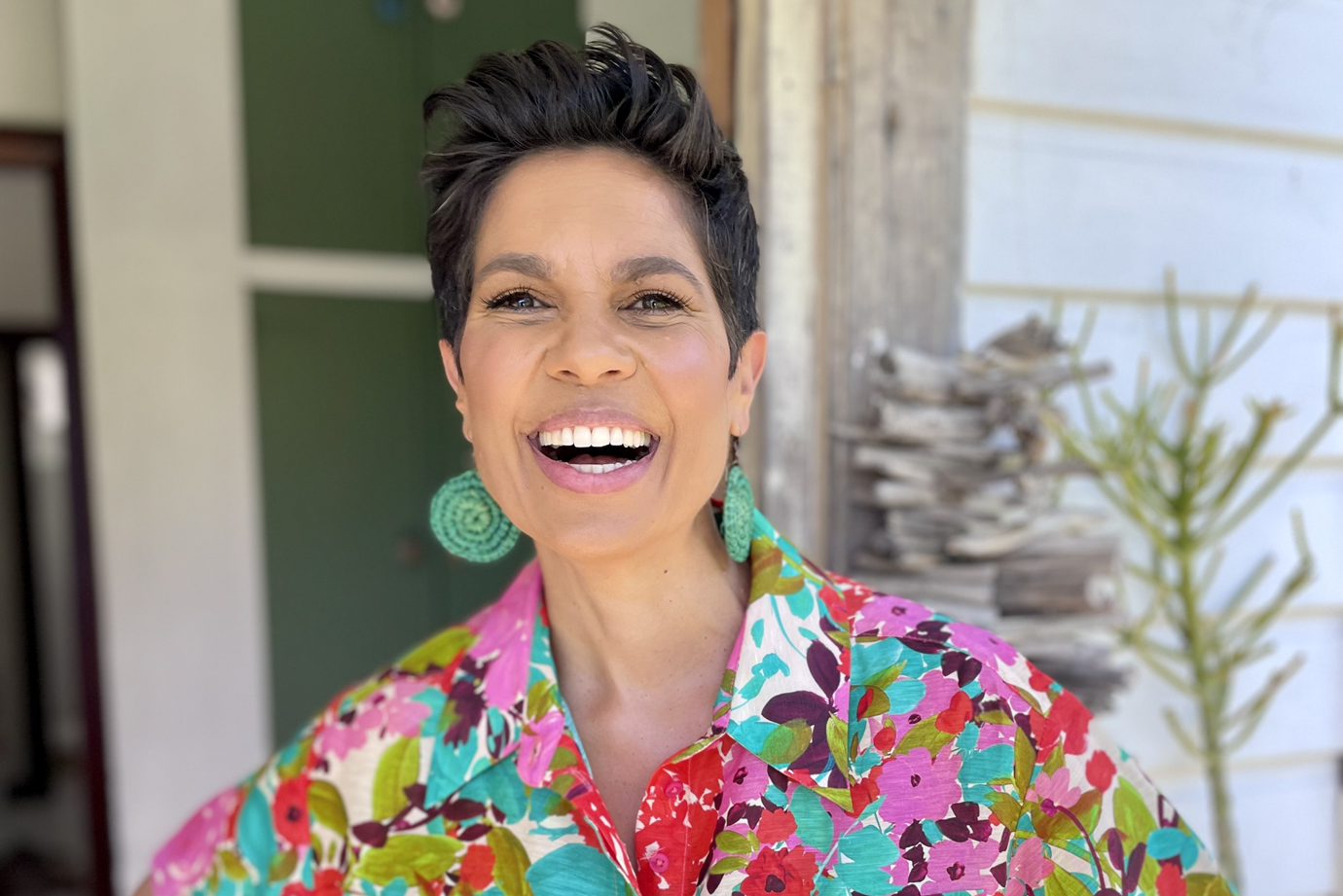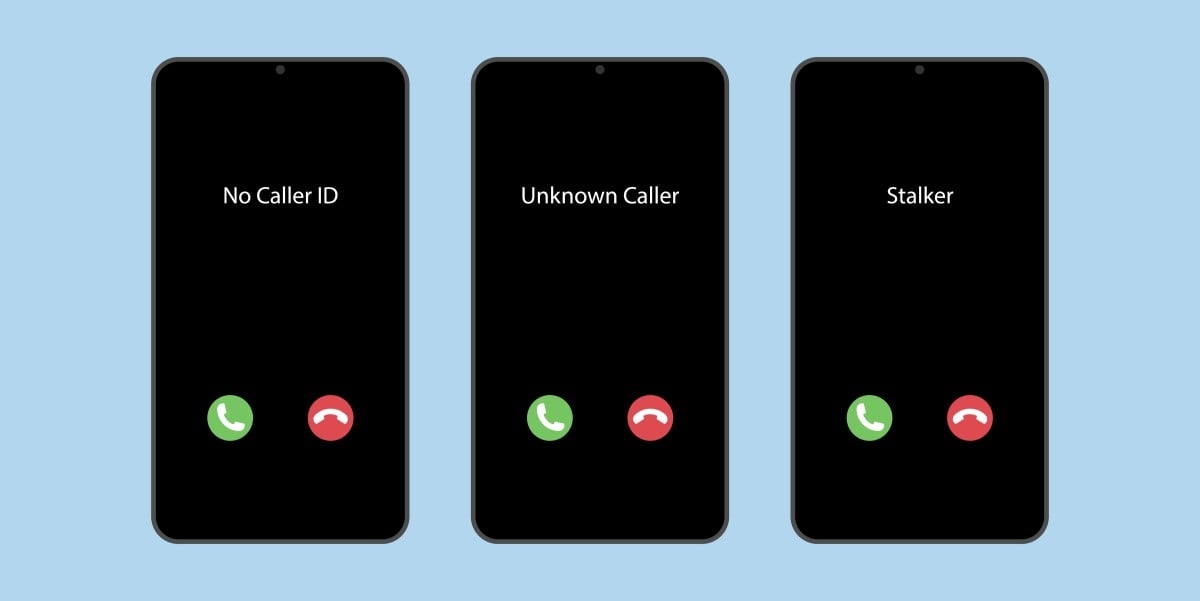How Narelda Jacobs learnt “her place” in media

There are few people in Australia’s media more recognisable than Narelda Jacobs. A stalwart of the Ten Network, Jacobs has been a regular and much-loved fixture on our screens for close to three decades.
But breaking through as a queer, Aboriginal woman in an industry dominated by blonde, white presenters was a journey that required Jacobs to endure a torrent of casual racism, sexism, ignorance, and bias.
A standard that now, decades on, she’s no longer willing to accept. In fact, she’s reframing the way that media is done in Australia.
At every opportunity, Jacobs uses her platform to speak for those who are voiceless.
Speaking about her career at a recent conference, Jacobs reflected on the moments that shaped her—from exemplary mentors and female solidarity to truly terrible advice.
Power of the moment
Jacobs doesn’t shy away from speaking about the curveballs she’s encountered in her non-linear rise within media.
For instance, she auditioned three times for the Western Australian Academy of Performing Arts (WAAPA) before being accepted. Her third attempt was driven by a supportive manager who believed in her talent. A teenage single mum at the time, Jacobs worked tirelessly to turn that moment into a meaningful career.
She also spoke candidly about the devastating loss of her colleague and friend Charmaine Dragun in 2007. Dragun’s death by suicide shook Jacobs and the entire Ten network to their core. Working as a journalist and weekend news anchor at the time, Jacobs was suddenly thrust into a position of leadership when she was asked to step in as the evening news anchor.
At first, Jacobs hadn’t felt ready to apply for Charmaine’s role and assumed it should be passed on to other people who had put their hand up. However, many of Jacobs’ colleagues encouraged her to go for it, with Charmaine’s mum even offering Jacobs her blessing.
That defining moment highlighted Jacobs’ ability to meet challenges with grace and resilience. It also set the tone for how she would approach her career moving forward: by leveraging difficult moments to lead and create change.
Growth in discomfort
Choosing a career that requires you to front a camera every day isn’t something many of us would sign up for.
Never driven by ego, the challenge in this has always been real for Jacobs too, but she notes that the payoff has always been greater.
Reflecting on the fortnight leading up to her conference speech, she said it “felt like the biggest two weeks” of her life.
Not only had she anchored the US election coverage, but she’d also co-hosted the world premiere of Wicked and walked the runway for L’Oréal at Circular Quay.
“Stepping outside your comfort zone is where the magic happens,” Jacobs says.
“It never gets easier. It’s just that you might get used to the levels of discomfort… The levels of discomfort always change. Each time I do something new, the nerves are the same as when I did something new five years ago.”
Mentors and supporters
Jacobs is quick to acknowledge the people who believed in her at key times in her life—mentors, colleagues, and friends who shaped her career and gave her the confidence to keep going.
There were managers who backed her talent early on, including the one who encouraged her to reapply to WAAPA after two rejections. It was that belief that propelled her to the first big step in her media career.
Jacobs also shared how critical the support of other women in the industry has been. Reflecting on small solidarity-defined interactions with heavyweights like Carrie Bickmore and Denise Scott, Jacobs emphasised their importance.
“In this industry, having women who’ve got your back is everything,” Jacobs said. “They lift you up, they remind you of your worth, and they help you keep going when the going gets tough.”
Coming out publicly
Jacobs also opened up about her decision to come out publicly, a move coordinated with the Ten Network.
“The equivalent of Stellar magazine in WA reached out for an article,” Jacobs explained.
“The upper echelons of Ten and I decided that I would come out publicly in that piece, to ensure there wasn’t gossip when I launched as a presenter.”
That decision followed a more personal coming-out moment with her parents. Jacobs, then in a relationship with her partner Marion, recalled:
“I didn’t want Jade [her daughter] to live an inauthentic life, and I didn’t want Marion to be in the closet either. So, I came out to my mum. She cried and said, ‘Lovey, how long has this been going on for?’ I said, ‘Three years.’ She replied, ‘Well, that’s a lot to undo, isn’t it?’”
Fast forward a couple of years, and Jacobs’ coming out in the Sunday paper was met with silence from her parents, who were usually her biggest supporters.
“Sunday morning, crickets. Nothing. And my mum and dad are normally on the phone, saying, ‘Love the suit you’re wearing tonight!’” Jacobs shared. “When I finally called, Mum said, ‘Lovey, how could you? People aren’t going to watch the news now.’”
But people did watch the news—and Jacobs’ bravery paved the way for greater representation and authenticity on screen.
Last year, she reflected on a full circle moment when she walked over the Harbour Bridge with her wife Karina and the Prime Minister alongside other government ministers for World Pride.
Speaking up
Whether it’s calling out racism, bias, or injustice, Jacobs has long used her platform to confront uncomfortable truths. Her voice has rightly become a beacon for change in the media landscape.
But it took some truly crushing moments for her to reach this point. Like for instance, early in her career, being told by a manager to “lose the Aboriginal accent.”
“I remember thinking, ‘What Aboriginal accent?’ That’s just my voice,” Jacobs said.
The comment stung and while she tried to work within the system (even agreeing to speech classes initially), she ultimately chose to lean into her identity. Jacobs’ authenticity and refusal to erase any part of herself became her strength—and set her apart in an industry that often prioritised sameness over diversity.
Through her career she’s stood up and spoken out on issues like changing the date of Australia Day, championing sovereignty, reporting accurately on the Voice to Parliament and centring First Nations voices, including advocating after the horrific murder of Aboriginal school boy, Cassius Turvey.
Her mission, or her “responsibility” as she puts it, is simply to make people take notice and care about injustice happening around them.
“A lot of people shy away from saying those things because they don’t want to be cancelled, but when you represent communities, you have to, you have a responsibility to. I want to use my voice and my platform for something bigger than myself,” she says.
“When I started out in my career, I knew my place. Twenty-five years later, I know my place is everywhere”.
The post How Narelda Jacobs learnt “her place” in media appeared first on Women's Agenda.
Source: View source




/cdn.vox-cdn.com/uploads/chorus_asset/file/24936225/CP77_EP1_Scavenger_Hunt.png)